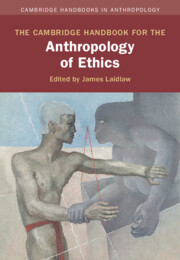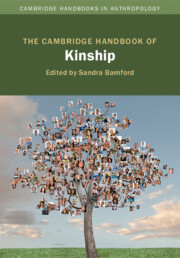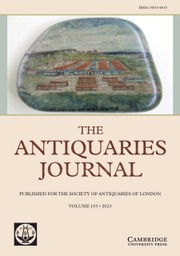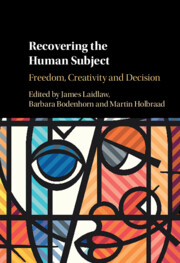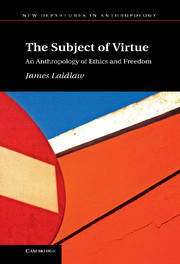The Cambridge Handbook for the Anthropology of Ethics
The 'ethical turn' in anthropology has been one of the most vibrant fields in the discipline in the past quarter-century. It has fostered new dialogue between anthropology and philosophy, psychology, and theology and seen a wealth of theoretical innovation and influential ethnographic studies. This book brings together a global team of established and emerging leaders in the field and makes the results of this fast-growing body of diverse research available in one volume. Topics covered include: the philosophical and other intellectual sources of the ethical turn; inter-disciplinary dialogues; emerging conceptualizations of core aspects of ethical agency such as freedom, responsibility, and affect; and the diverse ways in which ethical thought and practice are institutionalized in social life, both intimate and institutional. Authoritative and cutting-edge, it is essential reading for researchers and students in anthropology, philosophy, psychology and theology, and will set the agenda for future research in the field.
- Introduces readers to the theoretical diversity of the anthropology of ethics
- Promotes inter-disciplinary dialogue on the study of ethics
- Shows how perspectives from the anthropology of ethics provide unique insights in the study of all aspects of social life
Reviews & endorsements
‘All in all: a collection in which many essays are bursting with the joy of discovery, and which, as far as I am concerned, will hopefully be followed by a focused and fruitful collaboration between anthropologists on the one hand and ethicists and practical theologians on the other.’ G.C. den Hertog, Theologia Reformata
Product details
May 2023Hardback
9781108482806
725 pages
250 × 176 × 56 mm
1.72kg
Available
Table of Contents
- 1. Introduction James Laidlaw
- Part I. Intellectual Sources and Disciplinary Engagements:
- 2. Moral and political philosophy Hallvard Lillehammer
- 3. Virtue ethics Jonathan Mair
- 4. Agonistic pluralists James Laidlaw and Patrick McKearney
- 5. The two faces of Michel Foucault Paolo Heywood
- 6. Phenomenology Samuel Williams
- 7. Cognitive science Harry Walker and Natalia Buitron
- 8. Theology Michael Banner
- Part II. Aspects of Ethical Agency:
- 9. Making the ethical in social interaction Webb Keane and Michael Lempert
- 10. Freedom Soumhya Venkatesan
- 11. Responsibility Catherine Trundle
- 12. Emotion and affect Teresa Kuan
- 13. Happiness and wellbeing Edward F. Fischer and Sam Victor
- 14. Suffering and sympathy Abby Mack and C. Jason Throop
- 15. Ambiguity and difference Adam B. Seligman and Robert P. Weller
- Part III. Media and Modes of Ethical Practice:
- 16. Self-cultivation Joanna Cook
- 17. Exemplars Nicholas H. A. Evans
- 18. Ritual Letha Victor and Michael Lambek
- 19. Values Julian Sommerschuh and Joel Robbins
- 20. Rules Morgan Clarke
- 21. On ethical pedagogies James D. Faubion
- Part IV. Intimate and Everyday Life:
- 22. Care Cheryl Mattingly and Patrick McKearney
- 23. Kinship and love Perveez Mody
- 24. Cooperation and punishment Anni Kajanus and Charles Stafford
- 25. Favours David Henig and Nicolette Makovicky
- 26. The inimical gaze Carlos D. Londoño Sulkin
- 27. Animals Rosie Jones-McVey
- 28. God T. M. Luhrmann
- Part V. Institutional Life:
- 29. Modern capitalism and ethical plurality Robert W. Hefner
- 30. The ethics of trade and commerce Paul Anderson and Magnus Marsden
- 31. Activism and political organization Sian Lazar
- 32. Philanthropy China Scherz
- 33. Science Matei Candea
- 34. Communist morality under socialism Yunxiang Yan.

